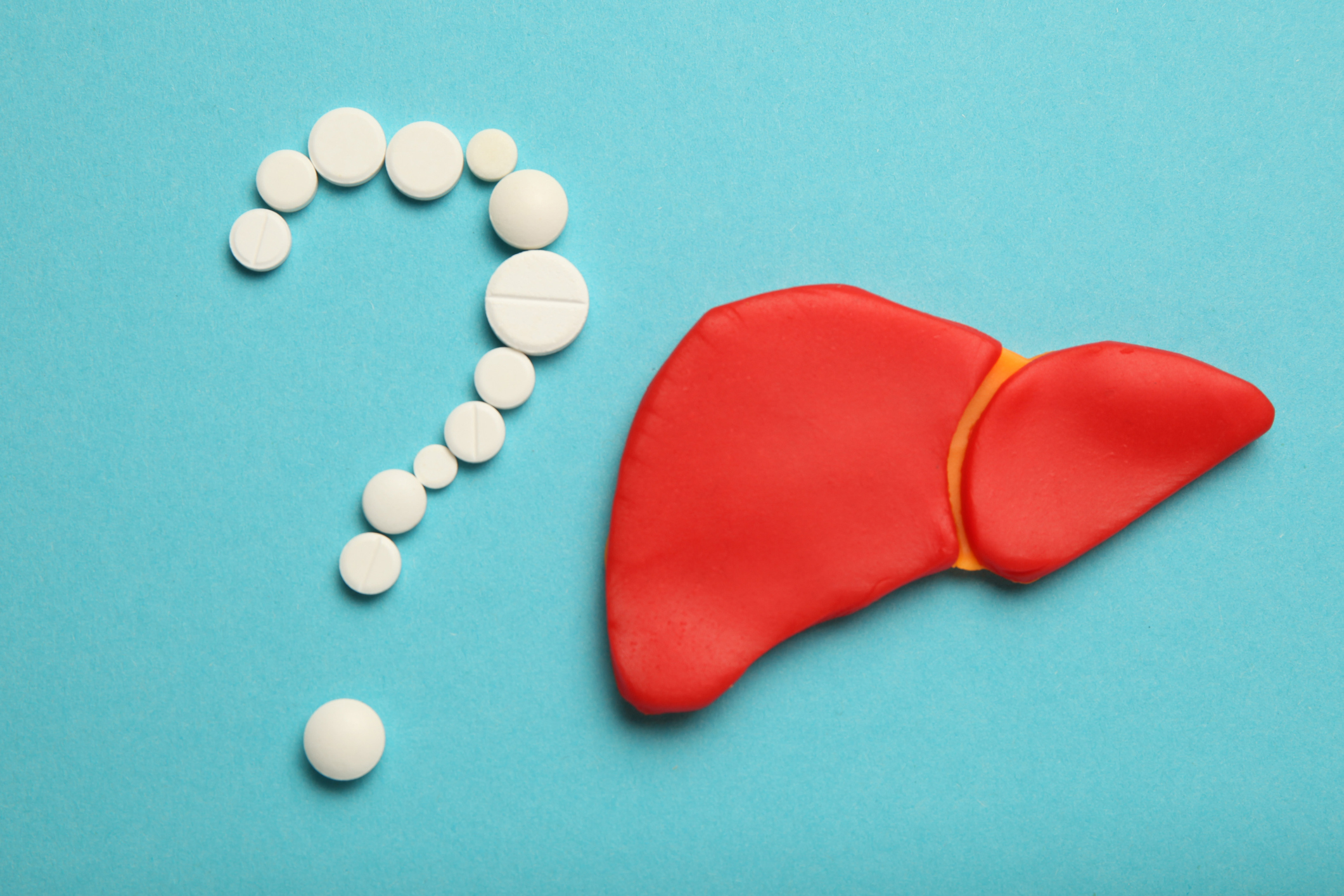Get Easy Health Digest™ in your inbox and don’t miss a thing when you subscribe today. Plus, get the free bonus report, Mother Nature’s Tips, Tricks and Remedies for Cholesterol, Blood Pressure & Blood Sugar as my way of saying welcome to the community!
Two reasons to have your liver tested

The liver functions as a powerhouse for the entire body and helps keep it in top working condition.
It’s the king of the digestive system and plays important roles in processing and storing the nutrients you get from food or vitamins, breaking down fat, excreting hormones, blood clotting and removing toxins from the body.
Yet most of us have never had a liver test.
If your liver was having some problems, could you tell? Probably not. When it comes to the health of your liver, the signs are often “silent.” By the time you or the doctor notice something has gone awry, liver disease has often progressed and caused damage.
It’s hard to get health back to a liver that is damaged. If caught too late, a liver transplant may be the only option.
That doesn’t mean you just have to wait and see and hope. In fact, there are two major reasons to get your liver tested…
If you’re a baby boomer – get tested
Baby Boomers — those born between 1945 and 1965 — are five times more likely to have hepatitis C. That’s because boomers were born before tests that screened blood and medical equipment for infection was commonplace. Additionally, testing for hep C was not available until 1990.
If you are a baby boomer you need to march into your primary doctor’s office and ask for a liver function blood test, such as the ALT and AST. It’s simple and can be done at any time because the tests don’t require fasting. AST and ALT are considered to be two of the most important tests to help identify liver toxicity, liver disease or liver damage.
But what if you’re feeling healthy… should you still get tested? Absolutely. Many people living with the virus are asymptomatic — meaning they don’t exhibit symptoms — and, unfortunately, can pass the disease on through sex or blood contamination.
Left untreated, hep C can lead to liver damage, cirrhosis and liver cancer. In some cases, a liver transplant may be required. Treatment has advanced in recent years, however, and depending on what type of hep C a person has, it is curable. But the less damage or scarring to the liver, the better the chances with treatment.
Many people live with the virus and may not show symptoms until they experience liver failure. So, a blood test is vitally important for its detection and cure. These tests are part of a routine chemistry panel and are usually covered by insurance.
Other factors that can increase the risk for hep C can be found here.
If you have these factors associated with NAFLD — get a liver test
If you have risk factors associated with nonalcoholic fatty liver disease (NAFLD) you should also get tested.
Fatty liver disease occurs in 30 percent of the population. In its mildest form, this disease doesn’t cause much trouble, however, if untreated it can progress to non-alcoholic steatohepatitis (NASH) and develop into cirrhosis, liver cancer, and liver failure.
Keep in mind, blood tests aren’t always conclusive. NAFLD patients often have normal enzymes despite having serious liver disease, so an ultrasound may be required.
Some risks or symptoms that are associated with NAFLD include:
- Obesity
- High cholesterol
- Poor diet
- Lack of exercises
- An underactive thyroid (hypothyroidism)
- High triglycerides
- Diabetes
- Hypertension
- Sleep apnea
- Gout
Keeping your liver healthy
From the list above, it’s obvious that your metabolic health can have a big impact on the health of your liver. So, in addition to watching your weight, keeping blood pressure, cholesterol and blood sugar (conditions that contribute to metabolic syndrome) in line can promote a healthy liver. Here are some guidelines to do just that, along with a few for good measure:
- Eat a balanced and healthy diet (avoid processed foods and excess sugars)
- Maintain a healthy weight
- Regular exercise (consider low impact — walking, swimming, yoga, and stretching)
- Avoid toxins
- Don’t share personal hygiene items
- Wash your hands regularly
- Follow directions when taking medications
- Control alcohol intake
The best way to fight liver disease is to avoid it. Help keep your liver healthy and happy with a balanced diet full of nutrients that promote optimum wellness.
Editor’s note: Did you know that when you take your body from acid to alkaline you can boost your energy, lose weight, soothe digestion, avoid illness and achieve wellness? Click here to discover The Alkaline Secret to Ultimate Vitality and revive your life today!
Sources:
The Risk factors that mean you need a test for liver disease— Healthblog University of Michigan Health
Why are baby boomers more prone to Hep C? Connection, Risk factors, and More — Healthline.com














